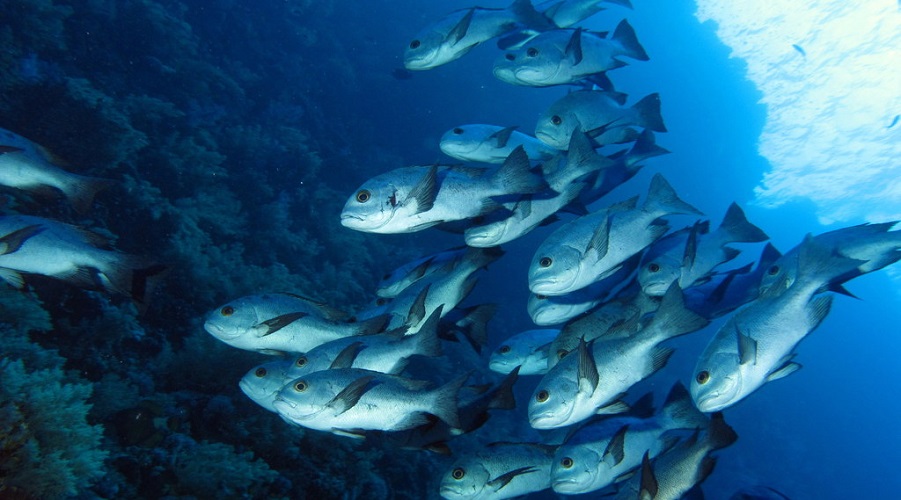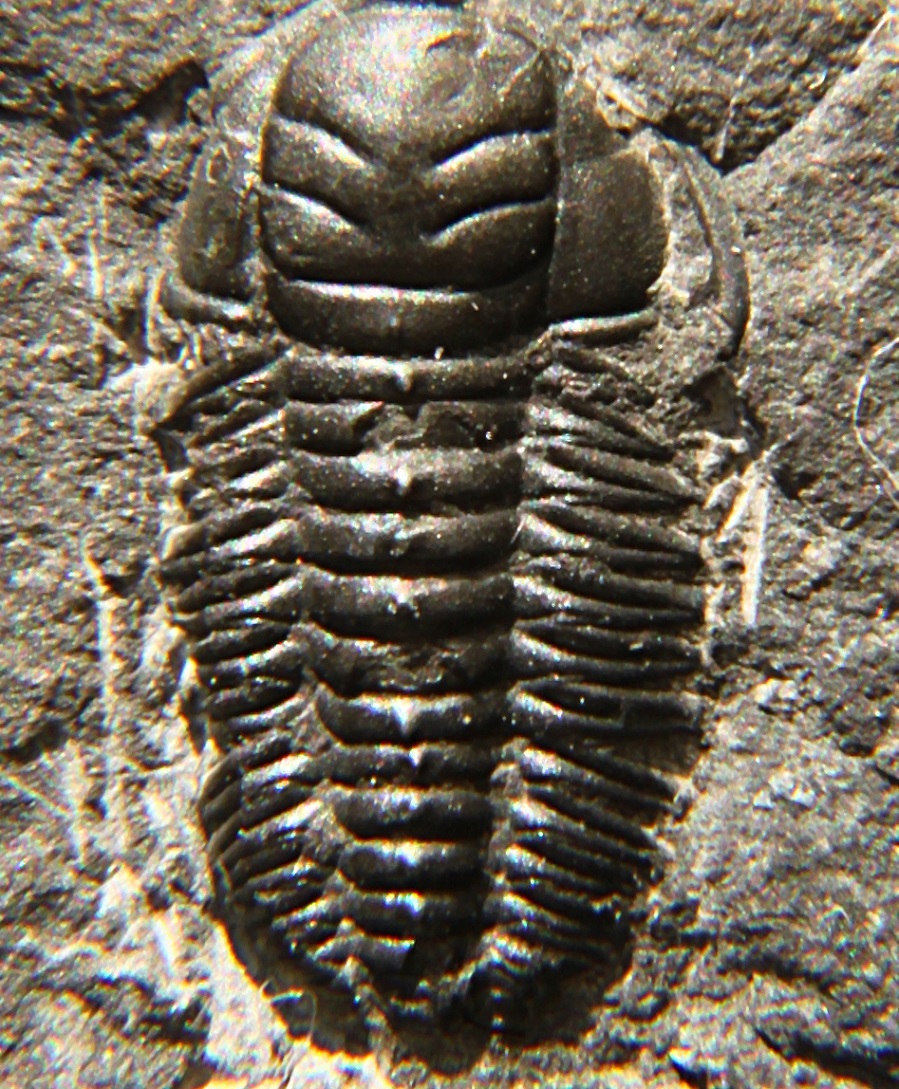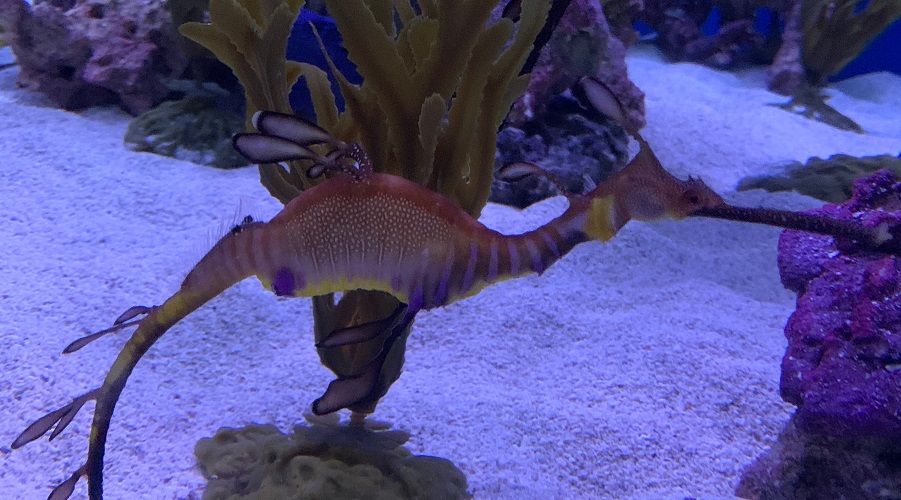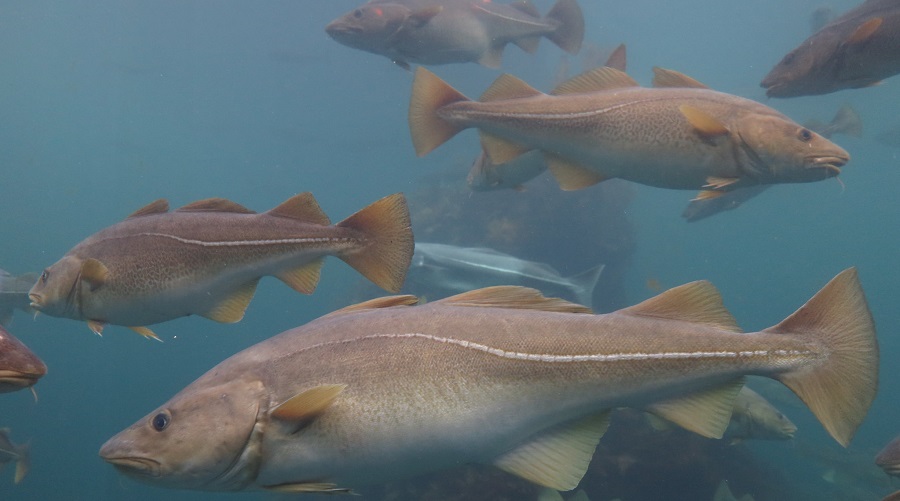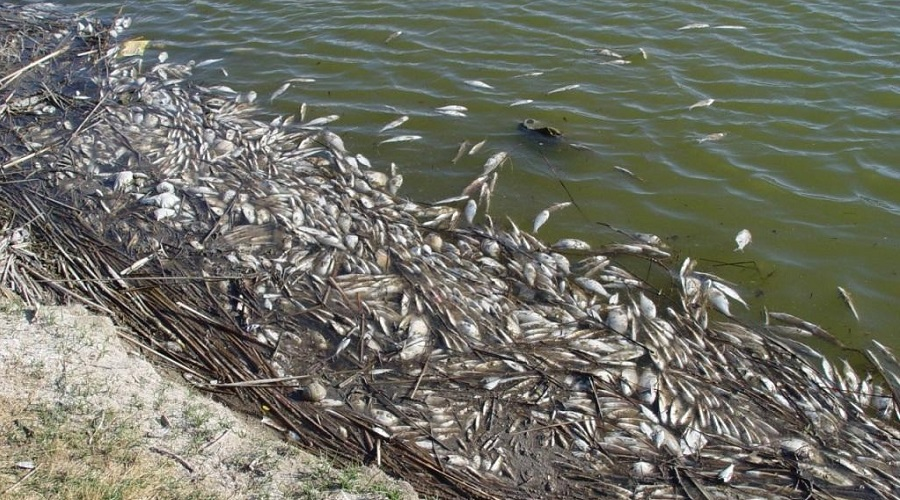
Reference image of dead fish washed ashore during a golden algae toxic bloom. Photo by Michael Hooper, USGS.
Climate change-induced droughts and fish kills affect larger fish more severely than smaller individuals, according to new research.
In a paper published in Environmental Biology of Fishes, researchers from Leiden University, Sportvisserij Zuidwest Nederland and the Sea Around Us initiative at the University of British Columbia compared evidence from drought-induced fish kills in the Netherlands, fisheries management literature and multiple physiological studies. They confirmed that when water gets warmer and deoxygenated, larger and older individuals within a species tend to die in greater numbers than their smaller and younger counterparts.


